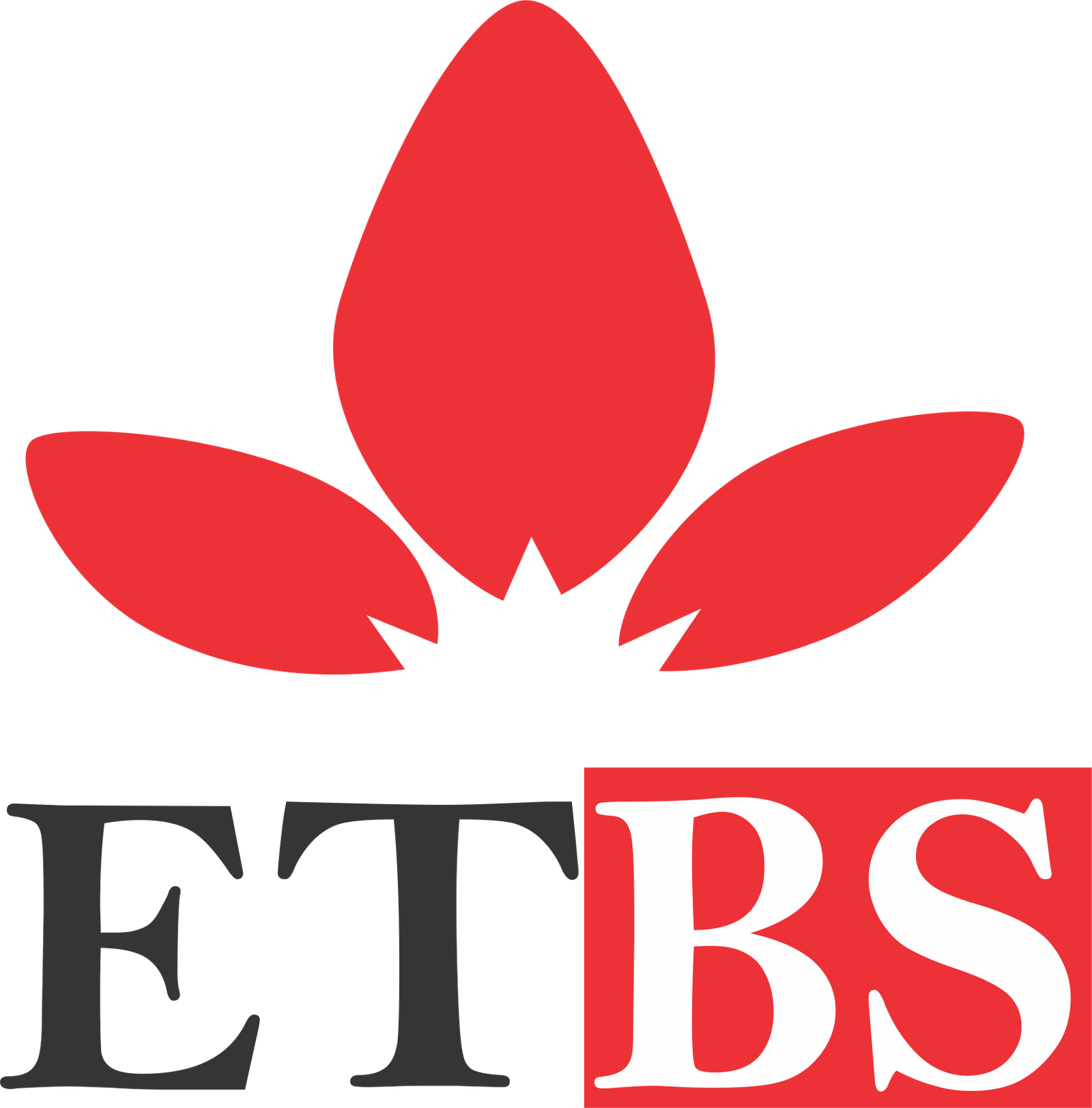 EarthTab Business School
EarthTab Business School
☰
|

Education is a powerful instrument for shaping human potential, societal development, and cultural transformation. The course "Introduction to Education and Learning Theories" serves as a gateway into the foundational principles, philosophical underpinnings, psychological frameworks, and practical applications that define educational practice and pedagogy. This course is designed to provide you, educators, policymakers, and educational facilitators with an in-depth understanding of what education truly is, how it functions in society, and how various learning theories from behaviorist to constructivist have shaped instructional strategies, classroom practices, curriculum design, and your engagement over centuries. The course delves into the philosophical roots of education, exploring the works of influential thinkers such as Plato, Rousseau, Dewey, Freire, and Montessori. It also investigates the psychological foundations of how people learn, develop, and respond to instruction, with an emphasis on both classical and contemporary learning theories, including Behaviorism, Cognitivism, Constructivism, Humanism, and Sociocultural Theory. Furthermore, the course bridges theory and practice by critically analyzing how these frameworks apply in real-world teaching contexts from lesson planning and classroom management to your assessment and differentiated instruction. By the end of this course, you will have not only acquired theoretical insights but also developed the intellectual capacity to apply those insights to solve real-life educational problems, design effective instruction, and lead innovations in teaching and learning. By completing this course, you will be able to: Define education and explain its historical, social, political, and cultural significance. Analyze major philosophies of education and their impact on global education systems. Differentiate between various psychological learning theories and understand their theoretical foundations. Compare and contrast the assumptions and applications of behaviorist, cognitive, constructivist, and humanistic models. Examine the relevance of sociocultural and experiential theories in diverse classroom settings. Apply learning theories to develop learner-centered instructional strategies. Evaluate how culture, technology, environment, and social conditions influence learning. Reflect critically on their personal teaching or learning philosophies. Design sample lesson plans using diverse theoretical frameworks. Engage in evidence-based dialogue on educational reforms, innovations, and global trends in learning. Explores the concept, scope, and purpose of education. Discusses formal vs. informal education, types of education (basic, tertiary, adult, vocational), and global education systems. Examines education as a tool for personal development, socialization, economic empowerment, cultural preservation, and nation-building. In-depth exploration of Idealism, Realism, Pragmatism, Existentialism, and Progressivism. Introduction to educational thinkers such as Socrates, Dewey, and Montessori. Covers the nature of learning, learner diversity, motivation, developmental stages, and factors that affect learning outcomes. Focuses on classical and operant conditioning, reinforcement theory, and the contributions of Pavlov, Skinner, and Thorndike. Explores how the mind processes, stores, and retrieves information. Discusses Bruner’s discovery learning, schema theory, and metacognition. Examines you as an active constructor of knowledge. Includes theories by Piaget, Vygotsky, and Kolb, emphasizing inquiry-based and project-based learning. Discusses the role of emotions, self-concept, and intrinsic motivation in learning. Emphasizes Maslow’s hierarchy of needs, Carl Rogers' learner-centered education, and holistic development. Analyzes how society, language, and culture influence cognition. Covers Vygotsky’s Zone of Proximal Development, Bandura’s observational learning, and situated learning theory. Bridges theory with practice: classroom management, curriculum planning, your assessment, differentiated instruction, and inclusive education. Lectures and multimedia presentations Class discussions and debates Group projects and collaborative learning Lesson plan design simulations Case studies of real classroom experiences Video analysis of teaching practices Peer teaching and microteaching Reflective journals on personal learning philosophies Weekly quizzes per module (A–D format with correct answers) Short reflective essays Group assignments In-class presentations A 50-question final examination A mini-project or lesson plan based on a chosen learning theory At the end of this course, you will be able to: Demonstrate an informed understanding of educational principles and theoretical models. Design learning experiences rooted in evidence-based theories. Tailor instruction to diverse learning styles and developmental levels. Participate in professional conversations about educational theory and policy. Make informed decisions in classroom management and instructional design. Slavin, R. E. (2017). Educational Psychology: Theory and Practice Woolfolk, A. (2019). Educational Psychology Schunk, D. H. (2016). Learning Theories: An Educational Perspective Dewey, J. (1916). Democracy and Education Piaget, J. (1972). The Psychology of the Child Freire, P. (1970). Pedagogy of the Oppressed Vygotsky, L. S. (1978). Mind in Society: The Development of Higher Psychological Processes I LOOK FORWARD TO CONGRATULATING YOU UPON THE COMPLETION OF THIS COURSE.COURSE OVERVIEW:
Welcome to EarthTab Business School. My name is Kondwani Mwale and I will be your course preceptor for the course, Introduction to Education and Learning Theories
LEARNING OBJECTIVES:
CORE MODULES:
Module 1: Foundations of Education
Module 2: The Purpose and Functions of Education
Module 3: Major Philosophies of Education
Module 4: Introduction to Educational Psychology
Module 5: Behaviorism and Learning
Module 6: Cognitivism and Information Processing Theory
Module 7: Constructivism and Experiential Learning
Module 8: Humanism and Holistic Education
Module 9: Sociocultural Theory and Social Learning
Module 10: Application of Learning Theories in the Classroom
TEACHING AND LEARNING STRATEGIES:
ASSESSMENT METHODS:
LEARNING OUTCOMES:
RECOMMENDED TEXTS & RESOURCES:

Unlocking Professional Potential through world-class assessments and industry-ready training.
"Empowering Professionals through practical, accessible online business education"
- Blessing Princess Agho
 Founder/Lead Instructor
Founder/Lead Instructor